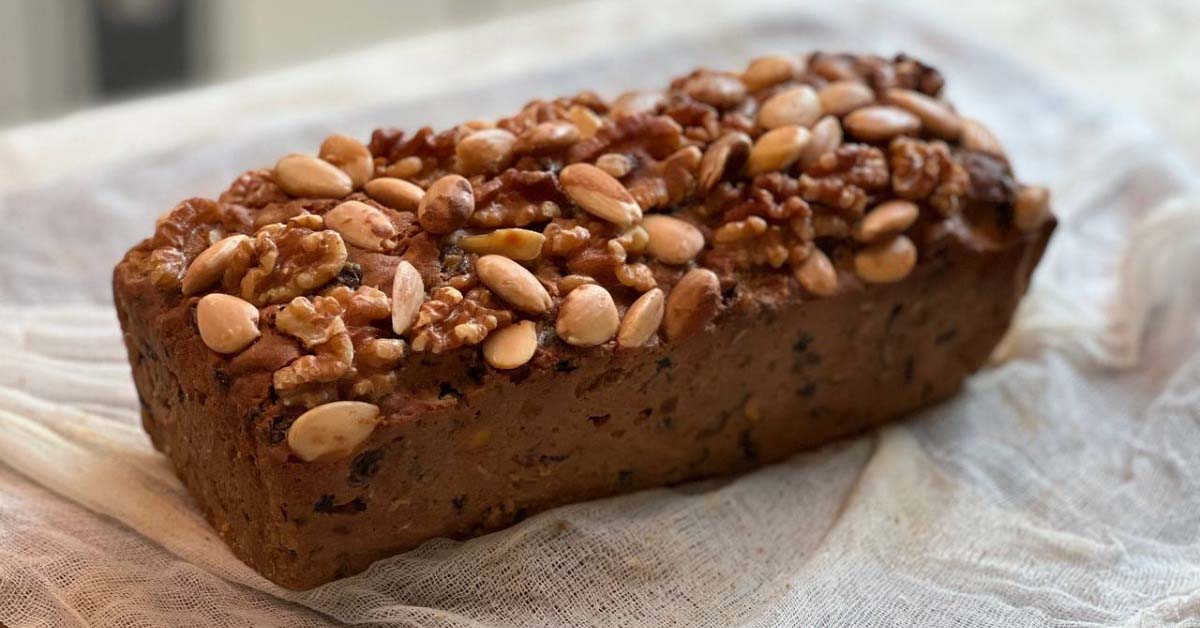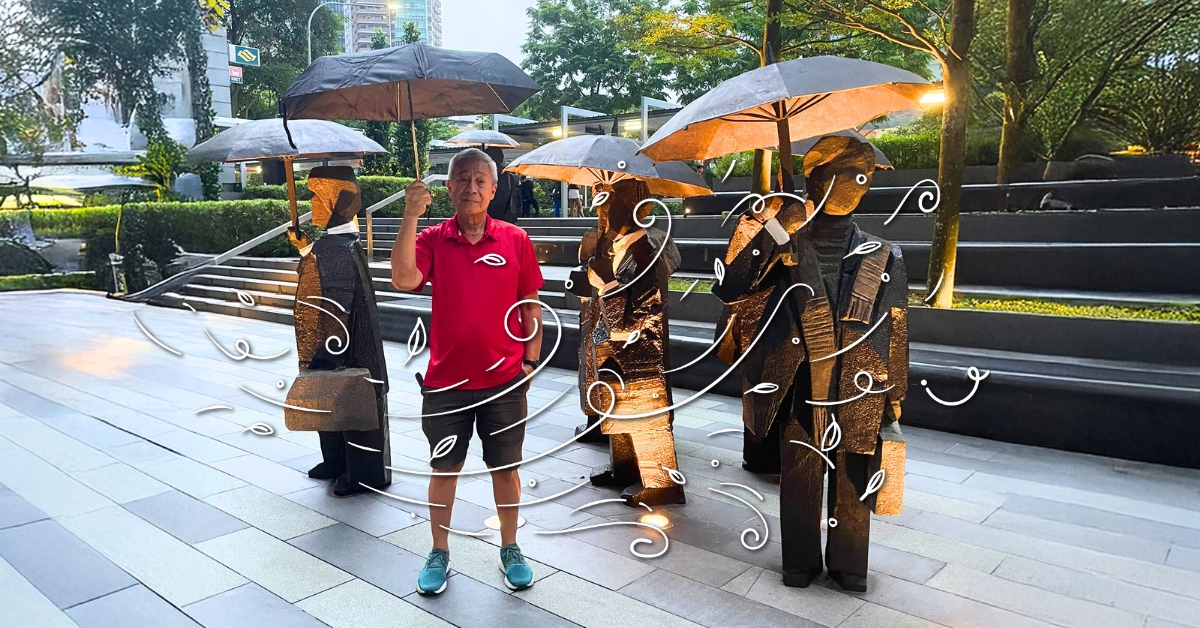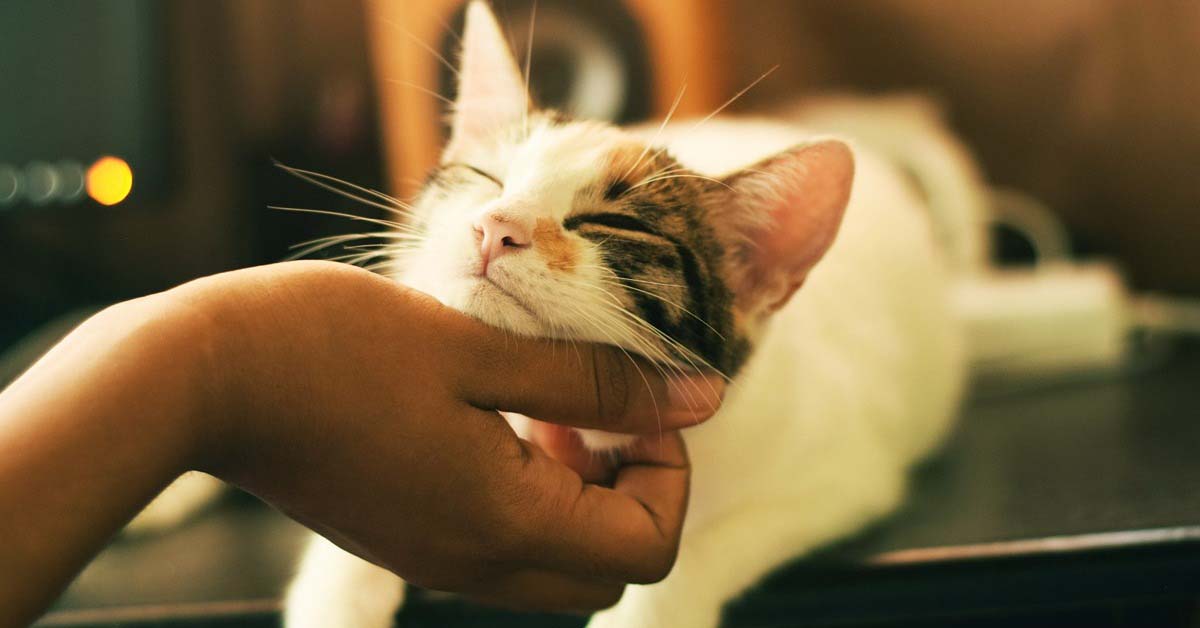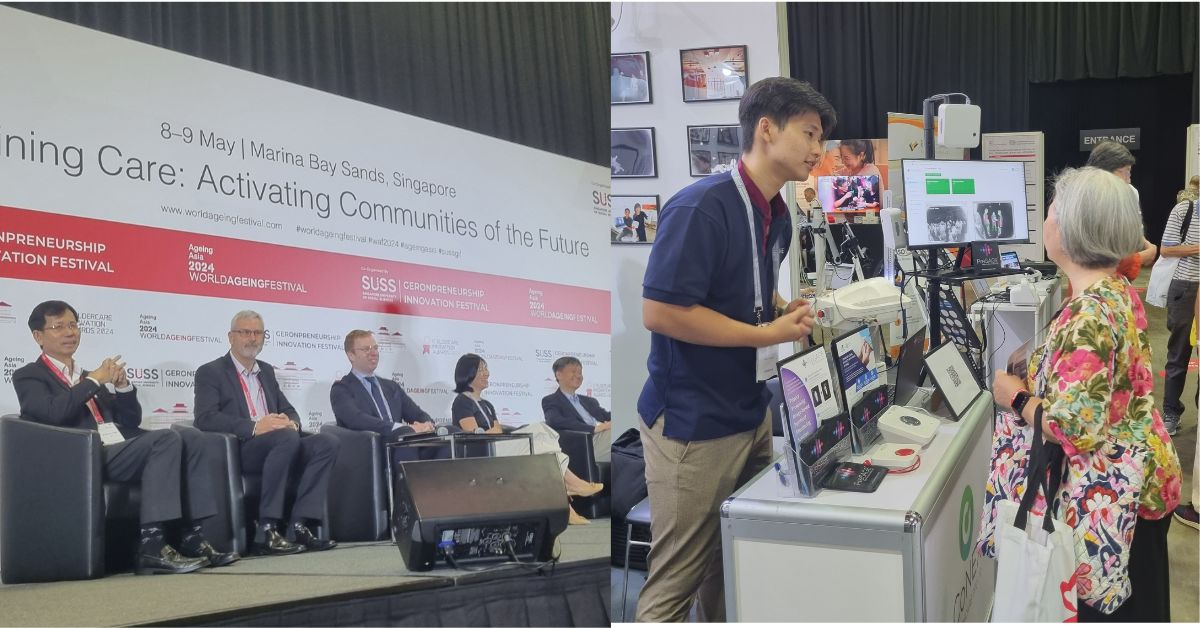
Dear silvers,
It’s time to face the truth that more younger Singaporeans are choosing the path of OINKs, SINKs, DINKs and DINKWADs.
If this is your first time hearing these acronyms despite living in our abbreviation-happy Republic, we’ll break it down for you:
- OINK, short for one income, no kids, is used interchangeably with SINK (single income, no kids) in reference to singles – or a couple surviving on one income – without any children.
- DINK, on the other hand, refers to a couple where both partners are working and drawing dual incomes, also without children.
- DINKWAD refers to couples with earning double income without any children but with a dog (although this acronym is also used for other pets like cats as well).
These arrangements have gradually become more common in our country, thanks to a corresponding decline in another abbreviation – TFR, as in total fertility rate, now standing at a historic low of 0.97 as of last year, and just a few percentage points off from South Korea’s chart-bottoming rate of 0.72.
Advertisement
In other words, the current generation of young adults in their reproductive prime (where you’d expect most of the annual baby crop to come from) simply aren’t making enough young Singaporeans.
Just 33,541 babies were born in 2023, down 5.8% from the year before and 13.3% lower than the year before that. In fact, it was the lowest number of births in at least the past 50 years, according to the national broadsheet.
DINKWAD: No baby blues
I’m not ashamed to say that my partner and I plan, for now, to be a part of this unproductive cohort.
According to the 2021 Marriage and Parenthood Survey released by the National Population and Talent Division (NPTD), this sentiment puts us in the minority, as only 2% of the 3,017 married Singapore residents stated their ideal number of children was zero.
However, in reality, we actually have more kindred spirits than we realised, since 23% of the respondents — aged between 21 to 45 — ended up having no children.
A poll conducted among 2,356 Singapore residents aged 21 to 64 by the Institute of Policy Studies before their Singapore Perspectives 2024 conference paints a more dire picture. The survey found that 72% of respondents in the youngest age bracket of 21 to 34 did not think it was necessary to have children in a marriage.
Furthermore, a full third of the unmarried respondents in that same age bracket did not hope to have children in the future. Of the under-35s who were dating or married, a lower quantum of 24% shared similar sentiments in that they didn’t foresee children in their future.

Both surveys (and countless articles in various publications) have largely captured the concerns pushing younger couples away from having children.
The biggest unease, as captured in both surveys, has to do with the cost of raising a child, with other worries like stress, time management, climate change and instability, Singapore’s studying and working condition, the unwillingness to change one’s lifestyle and a lack of caregiving options trailing behind. In some cases, the long waits for a home of our own makes having a child less desirable as our careers take priority.

In an era where both parents are more likely to remain in the workforce, younger women were also reluctant to take on additional child-rearing duties on top of full-time employment, as the burden of housework and childcare often falls disproportionately on women’s shoulders.
Family pressures faced by DINKWADs
Certain older relatives and colleagues have yet to fully come to terms with our decision. They’d ply on the pressure in not-so-subtle ways at convivial gatherings, asking prying questions or pointedly hinting that our family would feel incomplete with two, and that “natural” urges would take over at the sight of other couples’ cute kids and help change our minds (I’ve grown to accept this as a particularly naggy sign of love).
To some extent, this is understandable. Many of them still remember the days of the so-called Stop-At-Two programme, limited them to two children and directly preventing them from growing their families until it was abolished in 1987.
On my parents’ part, I’m glad that they’ve largely accepted their impending PODWOG (parents of DINKs without grandchildren) status without having to resort to the frankly ageist assumption that we’d end up lonely with no one to take care of us, as if seniors can neither fend for themselves nor find their own friends.
What they aren’t as agreeable to is the general rise of the DINKWAD – double income, no kids, with a dog, a trendy extension of the DINK acronym that’s been making the rounds on social media.
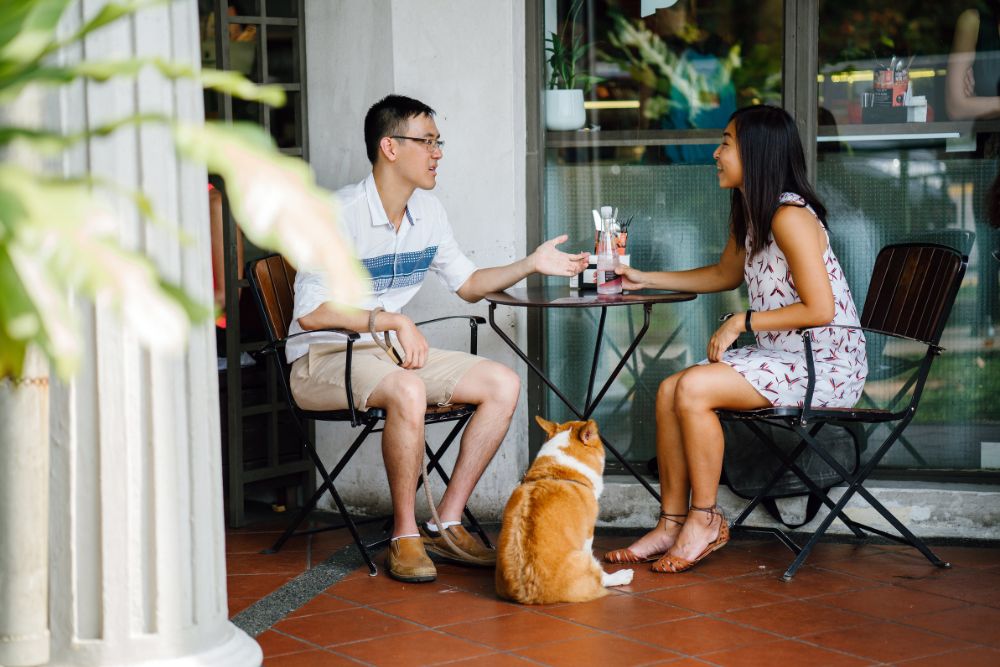
Videos bearing the DINKWAD stamp typically depict a life free of the worry and financial burden typically associated with children. Funds are instead channelled to pampering pets with designer clothes, overseas holidays, trips to premium grooming salons and enrichment classes.
We regularly see anecdotes of pet owners spending tens of thousands of dollars for pet surgeries, cooking fresh meals for their fur-babies, or otherwise coddling their furry charges.
But these social media paw-rents (as they sometimes call themselves) are the exception, not the rule. Most of the prospective DINKWADs I know approach pet ownership like responsible parents. They do their research and plan wisely to best enjoy the flexible companionship that pets can provide.
In terms of time, most dogs only need one to two hours of dedicated attention a day – and cats even less – compared to babies, which typically require upwards of six hours below the age of six and even more as an infant. And even if you splurge on your pets, they’re far cheaper and less emotionally taxing to raise than kids on average.
It’s no wonder that the dog population here continues to climb, reaching 114,000 in 2023, about 3% higher compared to 2019. Cats, now approved as pets in HDB flats, number at around 94,000, almost 10% higher than 2019.
While these numbers alone don’t necessarily prove that people are decisively choosing to have pets over children, it’s clear among my peers that many of them find the idea of parenting more palatable when it comes to animals – or even plants – for their lower investment in time, effort, money and energy.

Personally, it’s the flexibility of raising pets that appeals most to soon-to-be DINKWADs like my partner and me. With both of us focusing on growing our careers in the near future, it’s unlikely that we’ll have enough time to set aside for rearing a child.
Rather than delegating most of the childcare work to a domestic helper or grandparent nannies (and my potential kid to spending most of his time with people that aren’t his parents), I’d rather opt for a pet instead.
DINKWAD days ahead
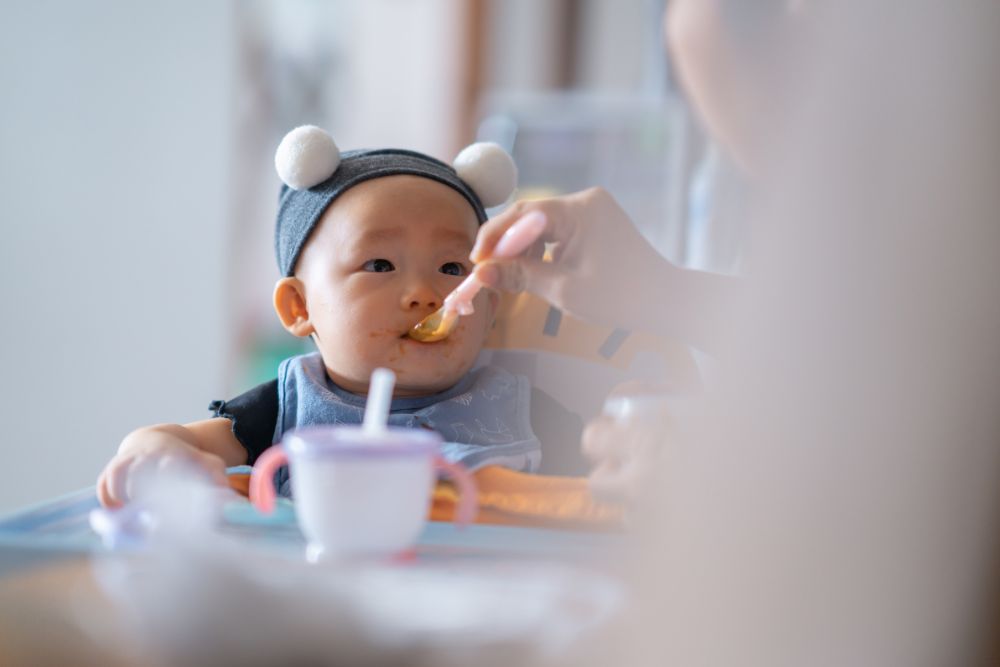
Now, before you say that my childless peers and I are shirking our national duties or contributing to the death of the human race, I’m sure that many of us would rather be in a position where having children would be the easier choice.
The polls referenced above still point to a majority of Singaporeans who wish – and do eventually decide to – have children. I just hope that the choice not to do so wouldn’t be seen as any less right.
The government, for its part, is trying to allay our concerns – both directly, in the form of bigger Baby Bonus benefits, and indirectly, with the recent announcement of mandatory paternity leave and extra flexible parental leave to be shared between the couple in a push for more equal child-rearing, among a host of other goodies in healthcare, education and housing.
Whether this will bump up our flagging TFR is yet to be seen. All we can do for now is acknowledge that for some of us, it’ll be DINKWAD days ahead, until we hopefully retire as WOOFs – short for well-off old folks.

